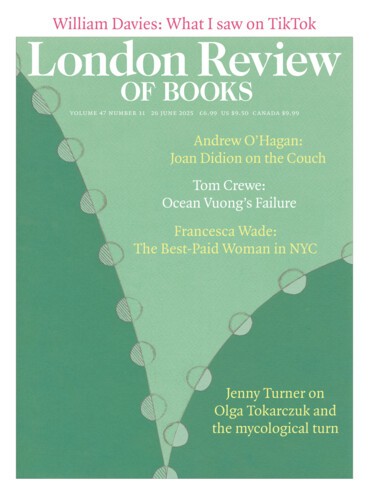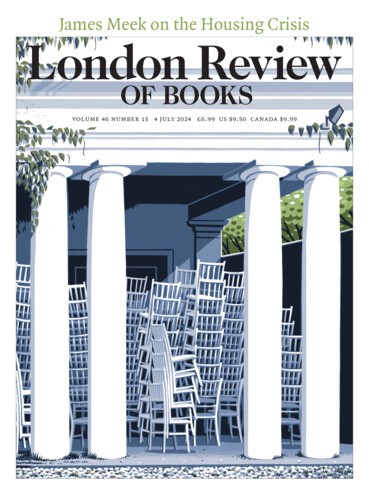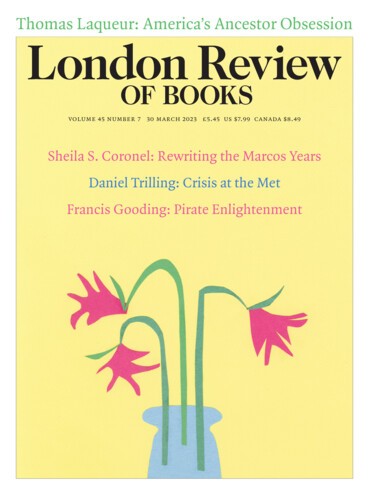Through the Trapdoor: Roger Penrose’s Puzzles
Steven Shapin, 26 June 2025
Roger Penrose liked puzzles. In the 1950s, inspired by a catalogue of prints made by the paradoxical Dutch artist M.C. Escher, the young Penrose and his psychiatrist-geneticist father, Lionel, set out to produce drawings of ‘impossible objects’. Pictorial conventions cue us to perceive two-dimensional drawings as representations of three-dimensional things, but these conventions...





